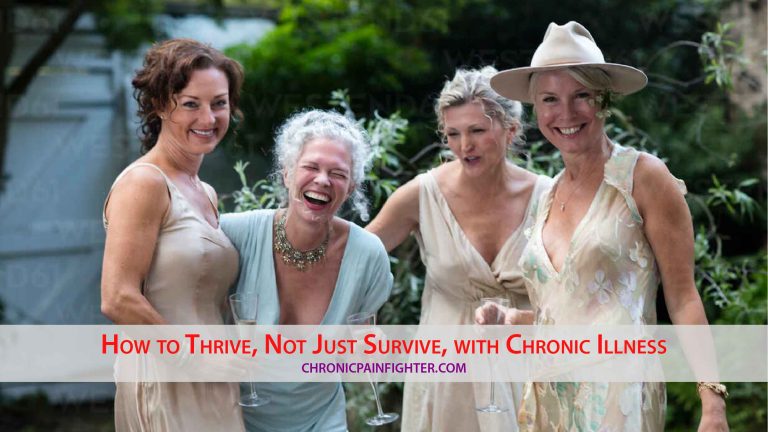Living with a chronic illness is like navigating a maze with no clear end in sight. The constant battle with symptoms, treatments, and setbacks can make it feel impossible to thrive. However, with the right strategies and mindset, it is possible to not just survive, but truly thrive despite the health challenges you face. In this article, we will explore key self-care practices for better health, building a strong support network, setting realistic goals and priorities, and finding meaning and purpose in everyday life. By implementing these expert tips and strategies, you can take control of your health and well-being, and live a fulfilling and meaningful life despite the challenges of chronic illness. Remember, you have the power to thrive, not just survive.,
Self-Care Practices for Better Health
In addition to focusing on self-care practices for better health, it is essential to build a strong support network to help navigate the challenges of living with a chronic illness.,
Building a Strong Support Network
In addition to focusing on self-care practices for better health, it is essential to build a strong support network to help navigate the challenges of living with a chronic illness. Surrounding yourself with understanding and compassionate individuals who can provide emotional support, practical assistance, and encouragement can make a significant difference in your ability to cope with your condition. Whether it’s friends, family members, support groups, or healthcare professionals, having a reliable support system in place can help you feel less isolated and more empowered to face the obstacles that come with chronic illness. By establishing a strong network of people who genuinely care about your well-being, you can better navigate the ups and downs of managing your health.
Setting realistic goals and priorities can be a key component in maintaining a balanced and fulfilling life while living with a chronic illness.,
Setting Realistic Goals and Priorities
It’s important to recognize and accept your limitations, adjusting your goals and priorities to align with what is realistically achievable given your health condition. By being mindful of your energy levels and physical capabilities, you can set goals that are manageable and sustainable, allowing you to make progress without overwhelming yourself. Prioritizing tasks and responsibilities based on their importance and impact on your well-being can help you focus your limited resources where they will make the most significant difference in your life. By setting realistic goals and priorities, you can reduce stress, feel more in control, and increase your overall sense of satisfaction and accomplishment.
This approach to goal-setting can provide a strong foundation for finding meaning and purpose in everyday life while living with a chronic illness.,
Finding Meaning and Purpose in Everyday Life
This approach to goal-setting can provide a strong foundation for finding meaning and purpose in everyday life while living with a chronic illness. As you navigate the challenges of managing your health condition, focusing on meaningful activities and goals can help you maintain a sense of purpose and fulfillment. By aligning your actions with your values and aspirations, you can create a sense of direction and meaning in your daily life, despite the obstacles you may face. In finding ways to integrate purpose into your routine, you can cultivate a deeper sense of contentment and resilience, ultimately thriving in the face of chronic illness.,
Conclusion
Living with chronic illness presents its own set of challenges, but it’s important to remember that thriving is possible with the right strategies in place. By focusing on self-care practices, building a strong support network, setting realistic goals, and finding meaning in everyday life, you can take control of your health and well-being. Remember, you have the power to not just survive, but thrive, despite the obstacles you face. As author Michael J. Fox once said, “Acceptance doesn’t mean resignation; it means understanding that something is what it is and that there’s got to be a way through it.” So, take charge of your journey, embrace the possibilities, and thrive in the face of chronic illness.






